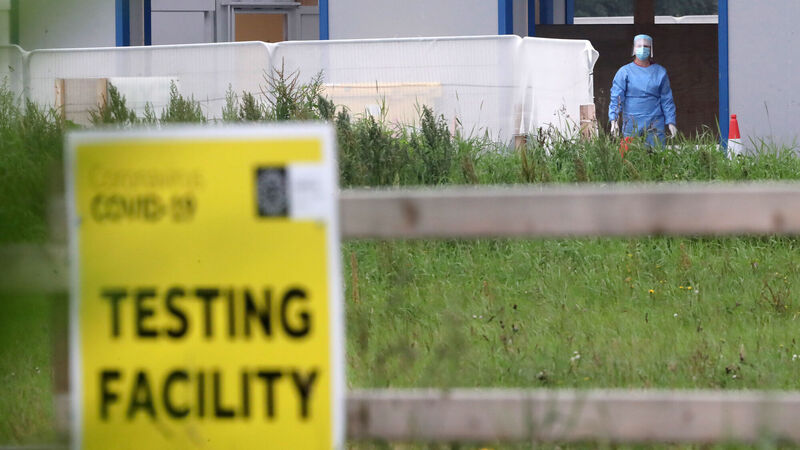Michael Clifford: Beef factory workers are living in fear

Society needs all sorts to keep functioning. It needs those who can turn a buck, who oil the wheels of commerce, which in turn keeps the economy ticking over.
It also needs essential workers, people on whom society depends to keep supplying the basics even during, for instance, a deadly pandemic.












